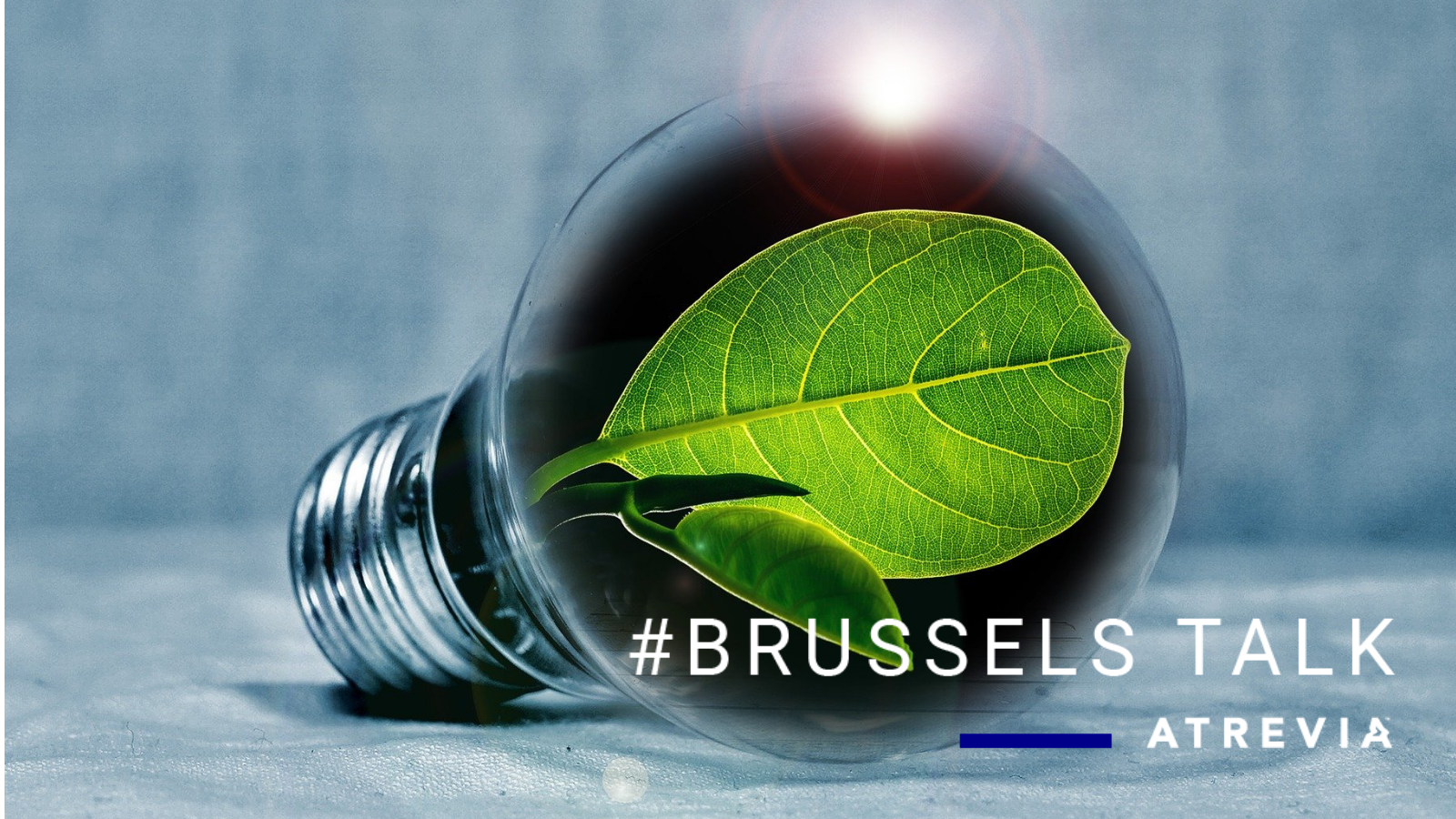
On Wednesday 2 February, the College of Commissioners (policy makers of the European Commission) reached an agreement to include nuclear and gas as “green” energies in the delegated act amending the European taxonomy regulation adopted in 2020. This legally binding delegated act will be directly applicable in all EU Member States. But where does this initiative come from and what does it entail?
The European Green Deal includes the target of promoting sustainable finance in the European Union. As a result of this objective, plans were initiated to design a green taxonomy, i.e. an instrument that would allow investors to know which activities are categorised as sustainable or emission-reducing. Projects classified with this categorisation would therefore be potential beneficiaries of so-called “green bonds”. This was introduced in June 2020, under a regulation that laid the foundations for enabling this type of investment.
Following the European Commission’s announcement at the end of April 2021 that renewable energy activities such as wind and solar power would be included in this list, member states began negotiations to assert their national interests. As a result, just hours before the end of 2021, the Commission announced its intention to include nuclear energy and gas in this classification of sustainable activities. This decision has generated much debate among member states in recent weeks. France has applauded the incorporation of the nuclear block, as it accounts for 75% of the country’s energy mix, and others such as Italy, the Netherlands, Greece and Portugal have done likewise with the inclusion of gas, which they consider essential.
Others, however, have decided to launch a battle against this last-minute inclusion. Among these countries is Spain, together with Austria, Luxembourg and Denmark, which consider that, although these energies can be considered essential for the ecological transition, they should not be given the same rating as those that are de facto renewable. Other countries such as Austria and Luxembourg went even further and assured that, if the decision to include nuclear energy was not reversed, they would take the decision to the European courts.
Despite the debate, the European Commission has maintained its position and will classify both as “transition technologies”. According to the European executive, their inclusion is essential to meet the objectives set by the European Green Deal. In this way, the “green” label will be awarded:
In the case of nuclear energy:
- for projects approved before 2045;
- new projects could be operational until the beginning of the 22nd century;
- Conditional on:
- Transition to “accident tolerant fuels” from 2025 if these, still in the research phase, are then available;
- Detailed plans for the final disposal of radioactive waste in 2050.
- Conditional on:
In the case of gas:
- for projects approved before 2030;
- Conditional on:
- Emission limit of 270 grams of CO₂ per kilowatt hour (Kw/h);
- Projects to replace coal or oil-fired power plants;
- Transition to the use of less polluting gases such as hydrogen by 2035.
- Conditional on:
Despite the different opinions and disagreements expressed by various actors to this position, the Commission maintains that this decision will lead to greater investment by the private sector, which they consider essential to achieve the ecological transition. It adds that, even with this delegated act and its content, each country can still decide what energy mix it wants to use. In addition, investors will have a tool that, according to the Commission, will allow them to know whether energy sources such as nuclear and gas are part of a given project.
As the text is a delegated act, there is little scope for changes to be made to it. This is because the legislative process for this type of text prevents amendments being proposed, as it is a delegation of legislative powers to the European executive. The Parliament and the Council must examine the proposal within a maximum of four months, after which they may raise objections to its entry into force. If so, they would have another two months to reach a consensus and oppose its content, the Council would need a total of 20 countries to support the blocking of the text. For its part, the Parliament would need an absolute majority, i.e. 353 votes. If the proposal were to meet with no objections from both institutions, it would enter into force on 1 January 2023.
Blanca Méndez Egea